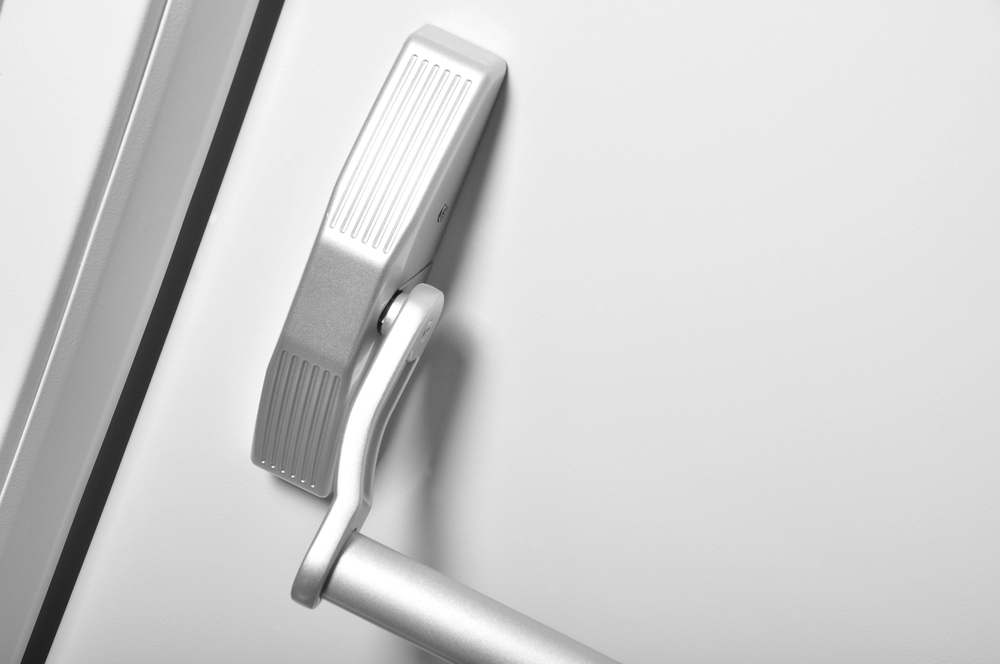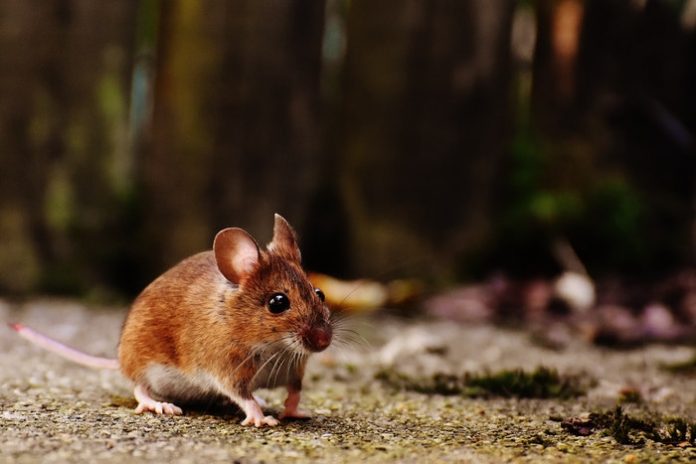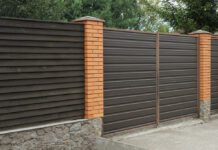Rodents like rats, squirrels, and porcupines can be a nuisance when left to their own devices across your home and property. They can cause serious damage and in extreme cases may even pose a health risk to you and your family. If you are hearing animal noises in the attic or other rooms in your home, you have to make sure to take the proper precautions toward fixing the problem as quickly as possible before costly troubles begin to occur.
This is a nuanced issue that depends largely on the damage and the creatures themselves as well as your actions and preventive steps. In general, rodent damage is a common and included part of any insurance policy but with certain exceptions that you should be aware of.
In this instance, there’s a possibility you might need to prove that you have done everything possible to limit the damage caused by any invading animals. If the insurance company thinks you neglected your duties as a homeowner, they may refuse to offer up any payments to cover your costs. Also, make sure to contact professionals and mitigate the damage as quickly as possible before it gets out of hand. The more problems you allow to continue and escalate, the less likely your insurance company will want to pay off problems they feel you could have prevented.
Don’t let the problem persist until the very last moment, after all, continuous maintenance is cheaper than fixing catastrophic failures in the house.
What damage should I be looking out for?
In general, rodents tend to want to either nest inside your house or try to forage resources for themselves. They can also run around chewing on everything of value to you, from furniture to pipes and your lawn’s contents.
Typical signs of a rodent’s presence and damages include but are not limited to:
Chewing: If you find bite marks around your house or hear strange noises coming from the walls, ceiling, or under the floors then it’s likely that a rodent has gotten in to cause havoc across your residence. They may even be setting up a nest somewhere in the dark corners of your house, which can lead to more complicated issues down the line as you try to relocate them later.
Feces: Under no circumstances should you ever touch or otherwise interact with animal droppings as they can be toxic and harmful to humans, even leading to disease under the worst of circumstances. Should you find any animal feces around your house, you should contact a professional to let them handle it. This is also a much more likely sign of an animal taking up permanent residence inside your home.
What can I do to prevent rodents from getting inside in the first place?
In general, you should try to clean around your house often and thoroughly to ensure that there are no entrances into your house that you are not aware of. Things like holes in walls, ceilings, and loose or broken windows can be used by rodents as an easy way to exit and enter your property, which is why you should always keep a lookout for hidden places like that.
Rodents aren’t likely to come to your house if it doesn’t provide an adequate environment for them so cleaning the home, spraying repellents, and sealing holes will go a long way to keep rats, squirrels, and other similar animals out of your home.
Find a Home-Based Business to Start-Up >>> Hundreds of Business Listings.















































